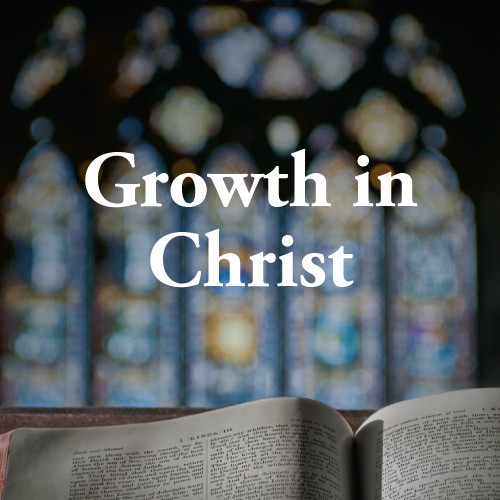
The Falling Tower
Tim Keller | August 13, 2000
Overview
Today’s passage from Luke 13 gives us two incidents that we would call tragedies today. The first one in verse 1 took place when Pontius Pilate, the Roman colonial governor of Judea, evidently had fallen upon some political enemies and destroyed them. What was particularly grisly about this was Pilate had sent his henchmen to find his political enemies at a time they were making sacrifices so when they were killed, their blood was mixed with the blood from the sacrifices. Then in verse 4, Jesus tells about another incident in which 18 people drowned in a reservoir due to a tower collapsed.
The question that comes up is a natural question, a very relevant and very contemporary kind of question. Why the asymmetrical way in which pain and comfort is distributed amongst the human race? Why is it that some people have all the “luck,” and why other people seem to have all the bad “luck”? Jesus’ answer, of course, is totally unique and completely counterintuitive. It’s absolutely counter to the wisdom of this world.




